Every parent knows what it’s like to lose the lovey. Your child is upset for some reason and the only thing that will help them is the stinky, tattered, faded cuddle you can’t find.
In the medical field we call them security objects. Your child probably has a different name for his or her special cuddle or lovey. In the below video, Cincinnati Children’s patient Emma calls hers Norman.
Whatever its name is, the attachment and bond a child feels with the item is real and can even have health benefits. These benefits are especially apparent when a child is forced to deal with a traumatic situation, like the loss of a loved one, or a major medical procedure.
Why kids Have a Lovey
We don’t know why kids gravitate to the particular special objects that they do, but we typically see these strong attachments start to form as children approach one year of age.
This is likely because it’s also the time in a child’s development when they begin to realize they are separate from their primary caregiver. Holding on to the objects are a way for children to feel comforted even when they’re separated from mom or dad.
Help for Separation Anxiety
It can be frustrating when it seems like your child’s happiness is determined by whether or not they have their special item. But these soft objects are something we encourage when they need help self-soothing, when they feel alone, or their loved one can’t be present.
For older kids the object might not be a typical item like a soft blanket or stuffed animal, but rather a small rock they can keep in their pocket or a picture. Really the item can be whatever they feel comfortable with, as long as it helps to remind them of the loved one they’re missing.
Used During Medical Procedures
The lack of control that comes with a medical procedure is what causes much of the anxiety kids feel when they come to a hospital. In most cases, they’re having something done that they really have no say in, which can be scary.
Having a comfort object during a medical procedure can be very valuable for children whose parents are usually not allowed to be with them in the operating room. In fact, having that special item with them can give a child as much comfort as if their mom or dad were in the room with them.
Part of the coping strategy in a high stress situation, like a hospital stay, is to find ways to give kids back some of the control they feel like they’ve lost. By holding on to their security item, the child feels like they have some control over the situation because they’re bringing something familiar in a situation of unknowns.
When They Should Go
Interest in a special cuddle item for most kids will naturally fade out as they approach 5 or 6 years old. This typically happens because your child will see other kids at school without a security object and realize they don’t need to have one all the time.
Even after your child decides to let go of his or her lovey in public, you can still expect them to have a favorite stuffed animal or security object at home. Having that item is common for kids, even at older ages, who still feel comfort with them in private. There is no problem with this as long as the attachment isn’t impacting their functioning.
I find that it works best if parents let the process of getting rid of the cuddle play out naturally. Your child will decide when he or she is ready to let go completely or limit when they have it.
You don’t want to make your child feel bad about themselves by telling them they’ll be made fun of if they keep the item as they get older. They will learn from social cues when it is time to give up the item that meant so much to them early in life.


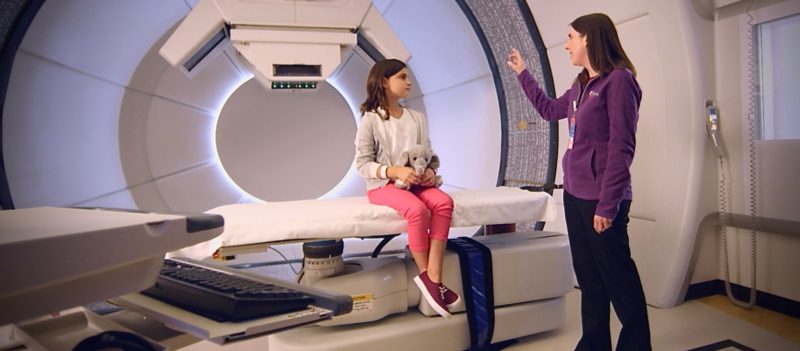

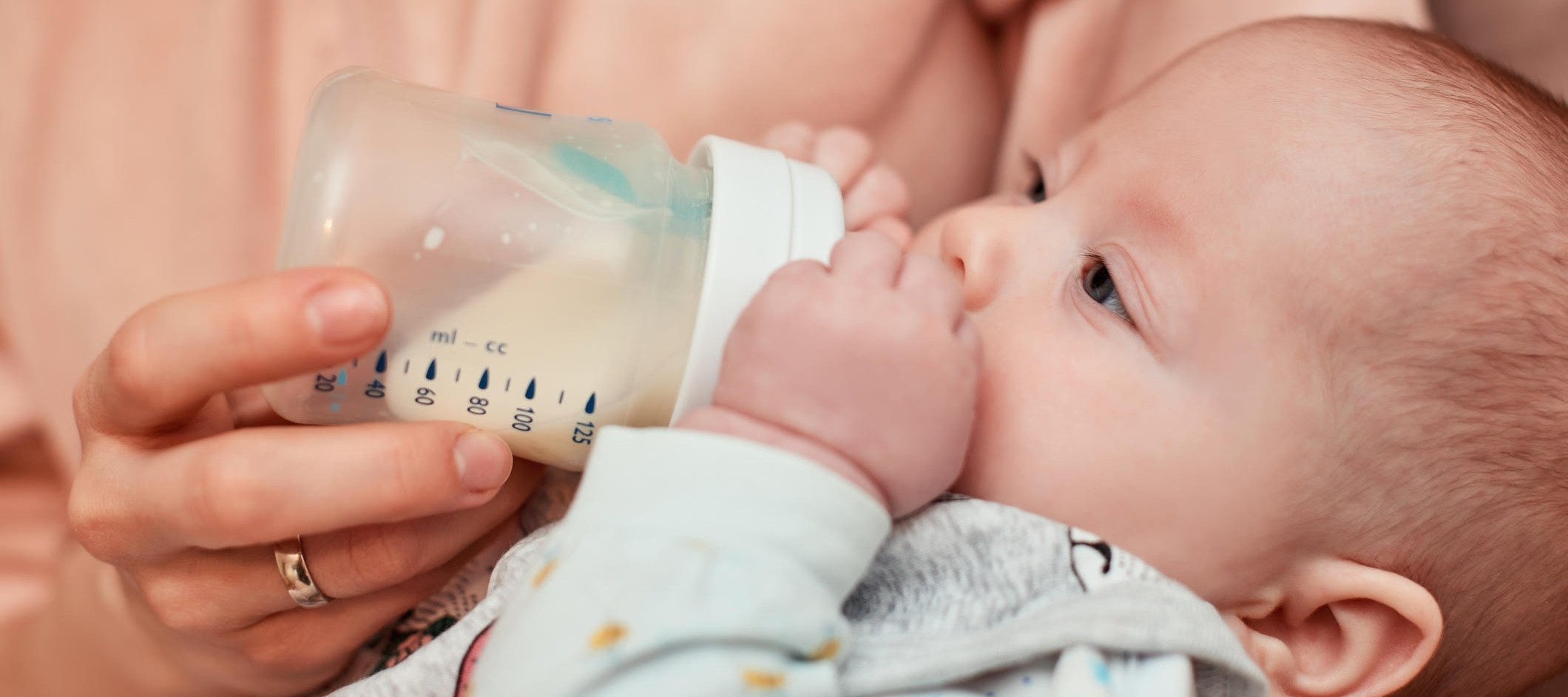
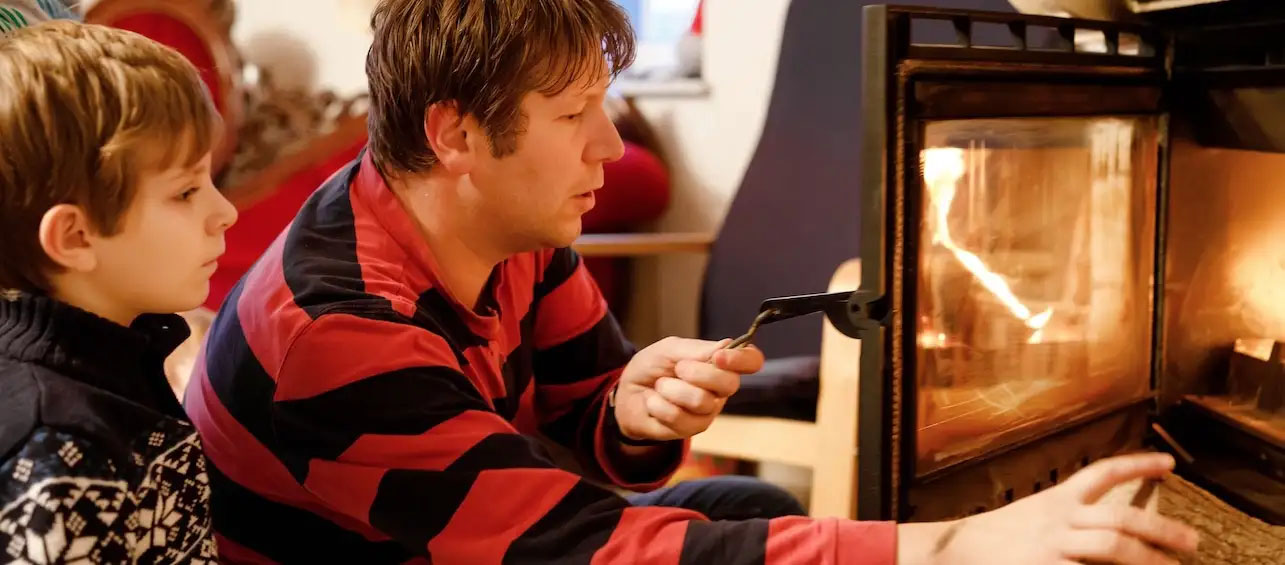
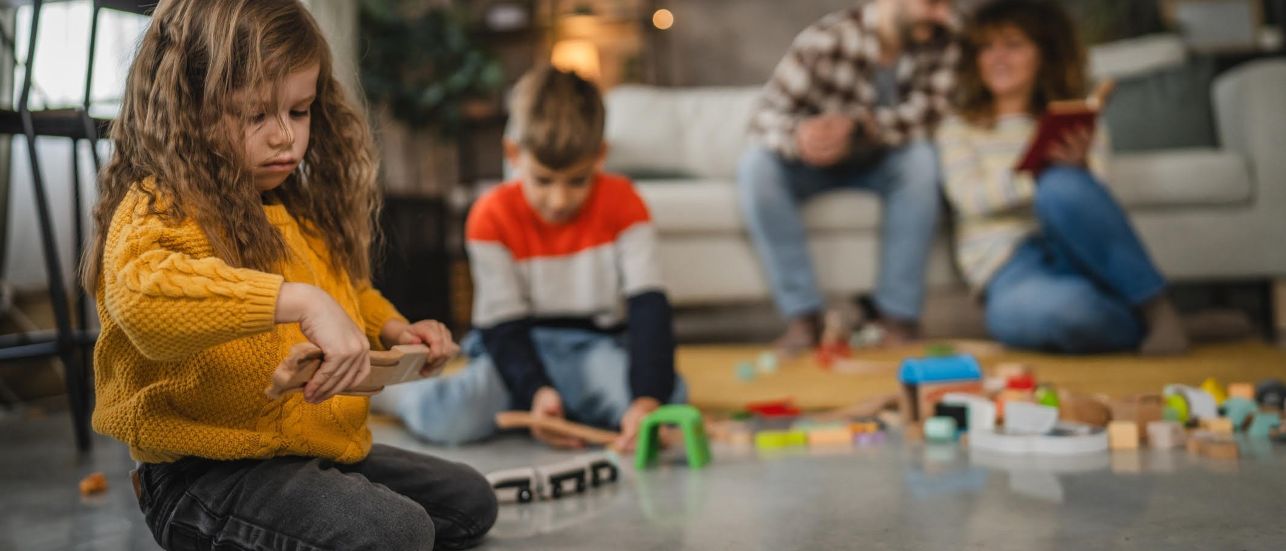
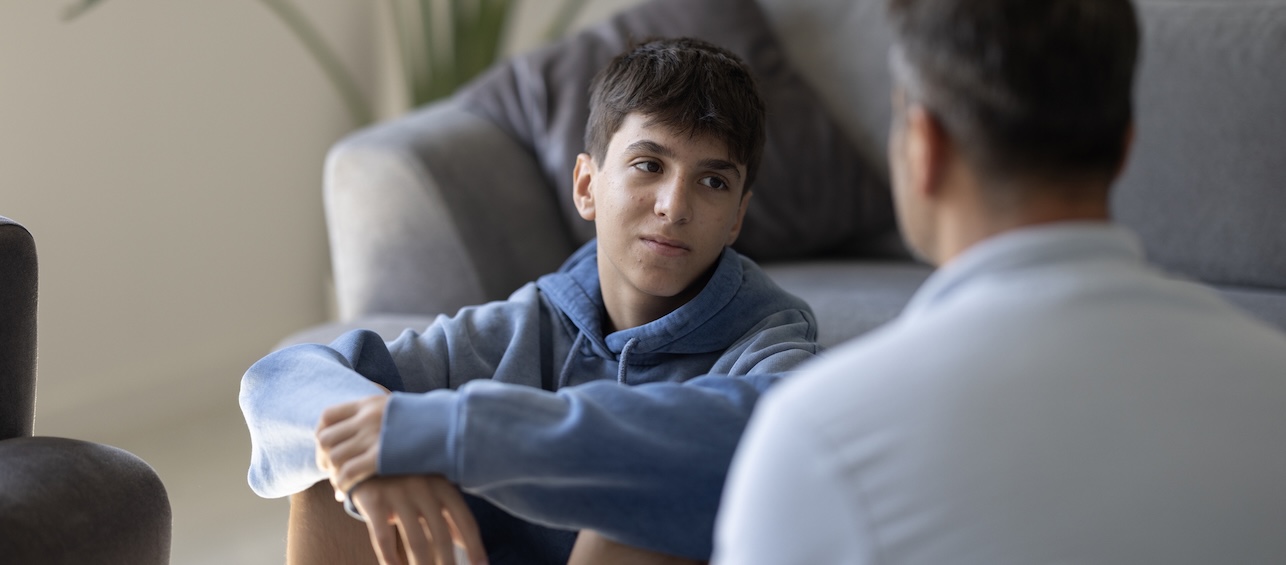

My seven year old is experiencing separation anxiety and has for several years. She just began therapy (we thought she’d outgrow it, so we waited). Anyway, she has a “lovey” that’s a small baby doll that she’s been obsessed with since she got it at 1.5 years old. She has named the baby “Baby Boy” and thinks of him as her son/family. She takes care of him and brings him in the car (not on school mornings- just doctor appts, going somewhere out of routine- sometimes leaves him in the car). We’ve encouraged our kids’s imaginations and ended up having Baby Boy give her candy for Mother’s Day 3 years ago, which has since become a tradition. She mentioned it to the therapist at the first appt three weeks ago (when my husband and i were present), and the therapist told her this week (3rd appt but 2nd session alone) that Baby Boy isn’t real. She now doesn’t want to bring him back if the therapist is going to keep saying it. Do I allow her to treat him like family? Have I made things worse? The therapist hasn’t said anything to us, and I don’t know how much I’m supposed to ask or let remain confidential. Any insight would be VERY much appreciated, just as I appreciate this article.
Parents play a vital role in a child’s therapy experience. In fact, one of the best indicators of a successful therapy outcome for most mental health conditions in youth is parent involvement. I would encourage you to communicate directly with the therapist to share what your daughter shared with you (with your daughter’s permission) and to ask about recommended steps for you as parents. It can help all of you to also know the therapist’s thoughts about the therapy plan. You can find some helpful information about anxiety in children on our website at Anxiety Disorders | Mental Health in Children.